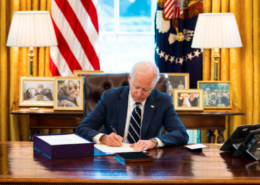Boise’s Geothermal LIV District
Problem
The City of Boise needed to redevelop part of the downtown area to spur economic growth, while also ensuring that they continue to meet their high sustainability standards.
Solution
Boise will address their redevelopment needs by expanding the nation’s largest direct-use geothermal system by “recycling the renewable” through an incentive program to reuse once-used, lower temperature water. This will result in less electricity use, a reduced carbon footprint, and economic development to benefit all Boise residents. By reusing this recyclable resource in redevelopment projects, Boise will be able to rebuild an area of downtown ripe for redevelopment, expand the capacity of our geothermal system overall, and spur investment that will provide return to its investors, taxpayers, and residents for years to come.











